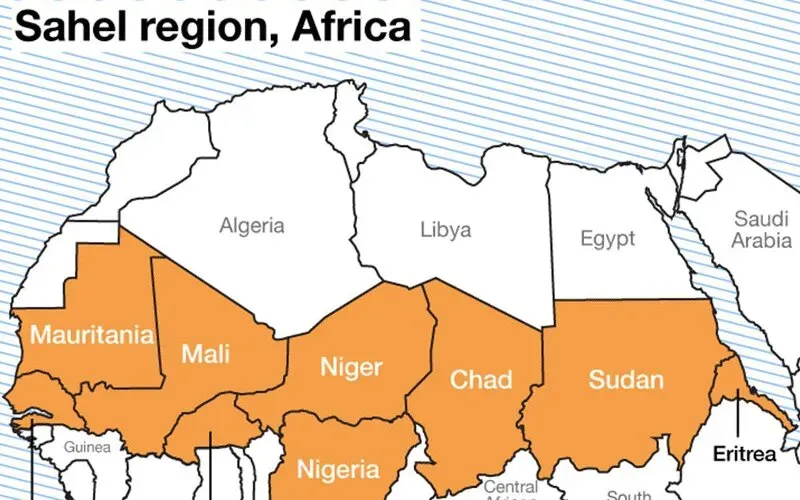Nairobi, 15 March, 2023 / 9:00 pm (ACI Africa).
Religious leaders from five African nations in the Sahel region are expected to visit lawmakers in the United States (U.S.) to address the security situation in the region.
In a report published Tuesday, March 14, officials of the Catholic Relief Services (CRS) say that Catholic and Muslim religious leaders also seek to know why there is a lack of effective response to the Sahel crisis from the international community in general and the U.S. in particular.
“A delegation of 10 West African Catholic and Muslim religious leaders from Niger, Mali, Burkina Faso, Ivory Coast, and Ghana will be visiting United States lawmakers from March 20 – 24, 2023 to discuss the deteriorating humanitarian and security situation in the Sahel region,” officials of the humanitarian arm of the U.S. Conference of Catholic Bishops (USCCB) say.
They add, “The Clerics will use the high-level meetings to discuss the lack of progress on an effective response from the U.S. and the international community.”
During the visit, the officials of the U.S. entity say that the religious leaders will also “encourage lawmakers to take decisive action to address the underlying grievances through long-term investments in civil society, economic development, and social accountability.”








